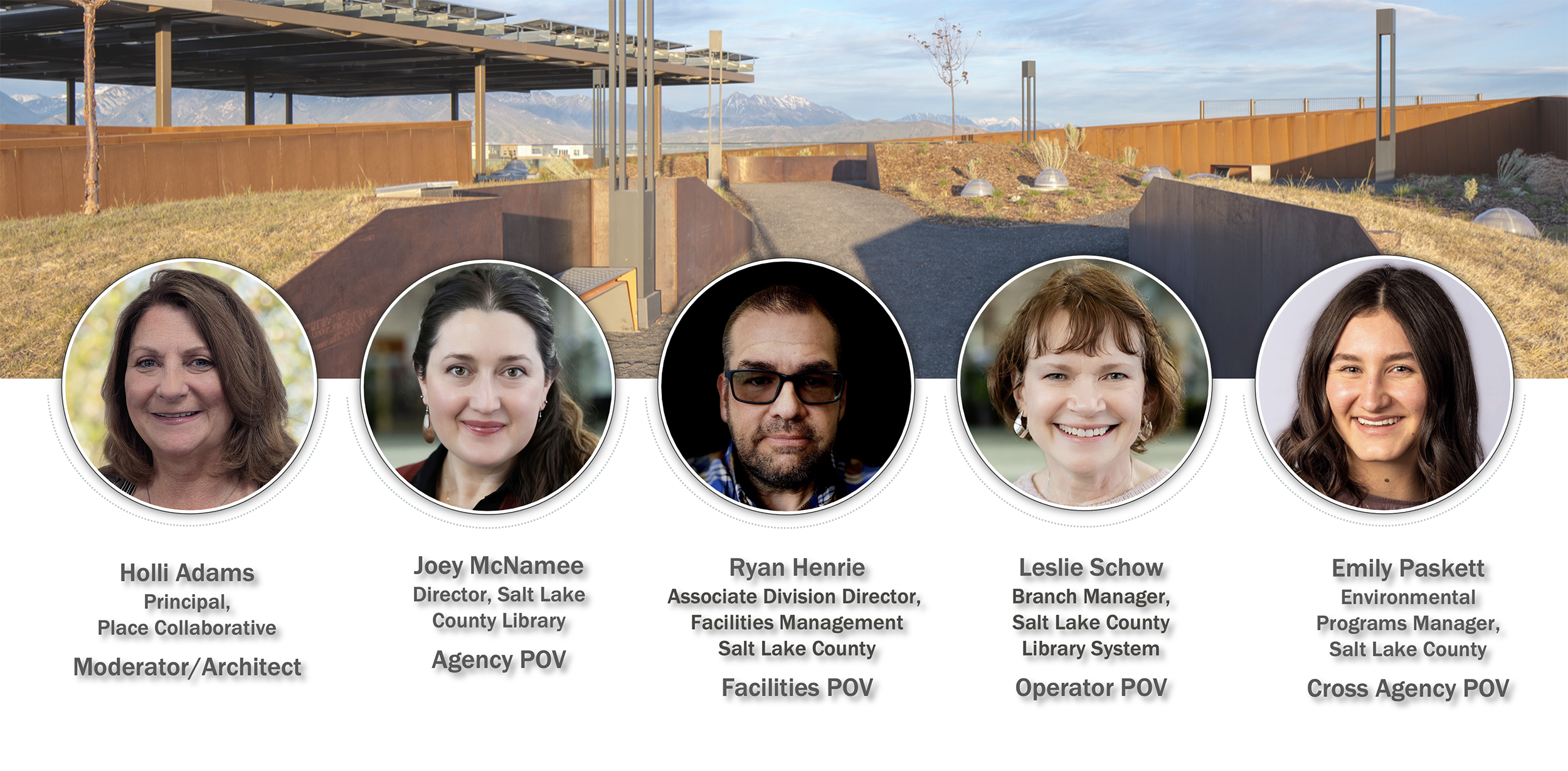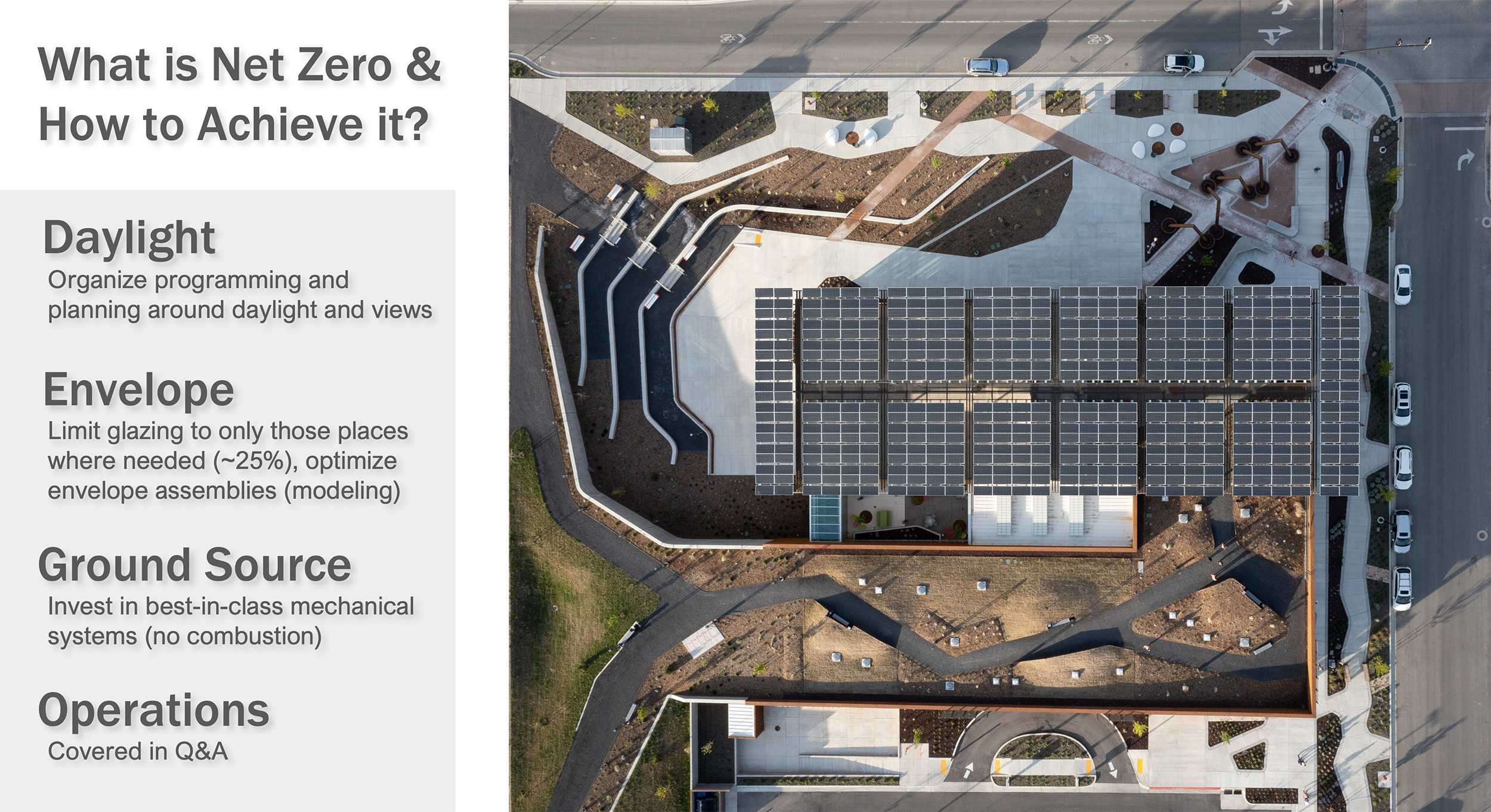USDN Conference Recap
Place Collaborative Presented at the URBAN SUSTAINABILITY DIRECTORS NETWORK CONFERENCE 25!
The Western Adaptation Alliance (WAA) Chapter of the Urban Sustainability Director’s Network held its annual conference in Salt Lake City this year. The USDN’s stated vision is to “Create equitable, resilient, and sustainable communities by advancing the field of local government sustainability and equipping practitioners to be catalysts of transformative change. The USDN represents over 115 million residents and their conference goals is to share best practices and accelerate the application of good ideas across the United States and Canada”.
USDN is a network of local government sustainability professionals working to advance urban sustainability. They provide resources, knowledge, and connections to help members advance sustainability in their communities. Members collaborate on projects, share best practices, and access tool and funding opportunities.
Holli Adams represented Place Collaborative as part of a presentation of the Daybreak Library’s Pathway to Net Zero Certification along with four notable Salt Lake County Leaders – Ryan Henrie, Facilities Management Associate Division Director; Joey McNamee, Library Director; Leslie Schow, Daybreak Branch Manager; and Emily Paskett, Environmental Programs Manager.
The presentation examined the “Pathway” to the Daybreak Library’s recent independent third-party Net Zero Certification. The Daybreak Library, under the leadership of Kenner Kingston, built its design approach upon the County’s high-performance goals and the Daybreak communities’ values of fostering community resilience by enhancing community connectivity, lifelong learning, healthy living, cultural exchange, and offering vital support services. The library programming process, which involved Kenner, Holli, Ryan and Leslie, held public outreach events which underscored the community’s strong desire for a highly sustainable and friendly building tied to the local trail system.
Those goals closely aligned with Salt Lake County’s Five Pillars of Sustainability
Air – Reducing emissions & improving air quality
Water – Conserving and protecting water resources
Energy – Increasing efficiency and promoting renewable energy
Land – Preserving open spaces and responsible land use; and
Waste & Recycling – Reducing waste and improving recycling efforts.
Additionally, the design team identified additional building goals including:
Use Building as a Sustainability Teaching Tool
Wise Water Use
Reduced Energy Demand
Passive Energy Reduction - Orientation, Shading, Daylight
Natural, Non-toxic Building Components
Educate the Public on How to Reduce Energy Use
Efficient and Effective Building Envelope
Building Connection to Site
The presentation demonstrated the path that the Daybreak Library employed to become International Living Future Institute (ILFI) Zero Energy Certified, which required world class efficiency with 100% of the annual building energy load offset with on-site renewables without the use of combustion-based systems.
Design elements of the Daybreak Library included the use of a ground source heat pump system, enhanced building envelope systems, optimized window placement for natural daylighting and reduced window to wall ratio of about 25% which was modeled to verify daylight penetration. The highly efficient and heavily used building has an EUI (Energy Use Intensity) of 32.
An interesting element that impacts the energy use of the library is the operations of the facility. Leslie Schow, was charged with making sure that the building occupants were utilizing the facility effectively. She trained the librarians to make sure machines were being turned off at night and the automated building controls were working as planned. She also educated the building patrons who were interested in learning more about the tubular skylights, plantings, and the solar array. This level of attention to the building systems and details allowed the building to generate 102% of the energy required to operate the building over the course of 12 months, returning the excess energy to the grid.
Reduced operating expenses and cleaner air – congratulations to the Salt Lake County Library and the taxpayers they serve!
Prior Experience: Daybreak Library



